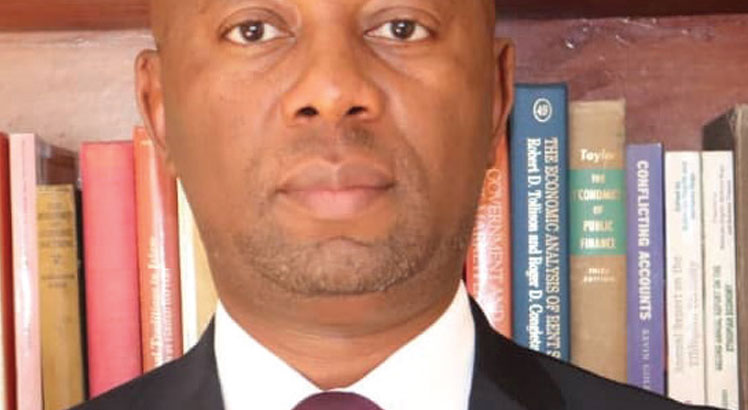Treasury’s spending comes under spotlight
Treasury’s limited spending on development budget has come under spotlight with economists arguing that little expenditure can negatively impact the country’s development agenda.
The sentiments follow Reserve Bank of Malawi (RBM) data which shows that Treasury has spent about K132.1 billion on development expenditure in the first four months of the 2022/23 fiscal year, representing 16 percent of the K820.7 billion development budget for this fiscal year.

The figures show that the situation is a result of non-disbursement of the foreign financed inflows against rising domestically financed components, a development that is affecting execution of development projects outlined this fiscal year.
Already, the limited fiscal space is threatening the successful implementation of development plans, frustrating the country from attaining the required 30 percent of gross domestic product (GDP) development threshold.
Economists Association of Malawi executive director Frank Chikuta said in an interview yesterday that in every development project, financing is a key part, as such, with limited financing, it would not be possible for government to embark on and complete development projects.
“The development budget is key in moving Malawi from the current state of economic development to an advanced stage of development. Financing this needed to be timely and adequate to help change the economic fortunes of the country,” he said.
Chikuta said there is need for the country to use own resources to contribute to the development of the country, but added that in view of the country’s level of development, money cannot be enough to finance all the country’s development budget; hence, the need for foreign finance.
He said: “As much as we may try to put in domestic resources, we still need foreign finance which also gives us foreing exchange.
“It can, however, be observed that there are some practices which delay disbursement of finances to projects which are usually to do with operational aspects in terms of satisfying conditions which are precedent to disbursement of funds. ”
Malawi University of Business and Applied Sciences associate professor of economics Betchani Tchereni said with limited inflows in the development
expenditure, Malawi’s infrastructure development would be greatly affected.
He said: “This then is likely to affect our own multiplier-induced sectors associated with infrastructure development.
“For example, jobs may not be as many as we hoped, small businesses too may be affected as they too benefit from these development projects.”
In the 2020/21 National Budget, total expenditure was projected at K2.84 trillion, representing 24.9 percent of GDP. Of the total expenditure, recurrent expenses were estimated at K2.01 trillion, representing 17.7 percent of GDP and 71.1 percent of the total expenditure.
Development expenditure, on the other hand, was projected at K820.7 billion, comprising K580.9 billion foreign resources and K239.7 billion domestic resources.
The development expenditure at K820.67 billion, represents 7.2 percent of GDP and 28.9 percent of total expenditure.
In the 2022/23 National Budget Statement, Minister of Finance and Economic Affairs Sosten Gwengwe said the increase in the development financing is largely in line with government recovery plan under the Social Economic Recovery Plan, which outlines the need for frontloading of project implementation.






One Comment